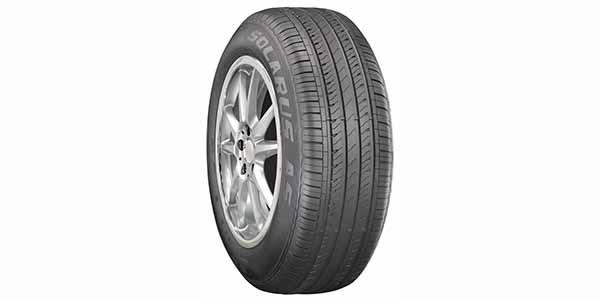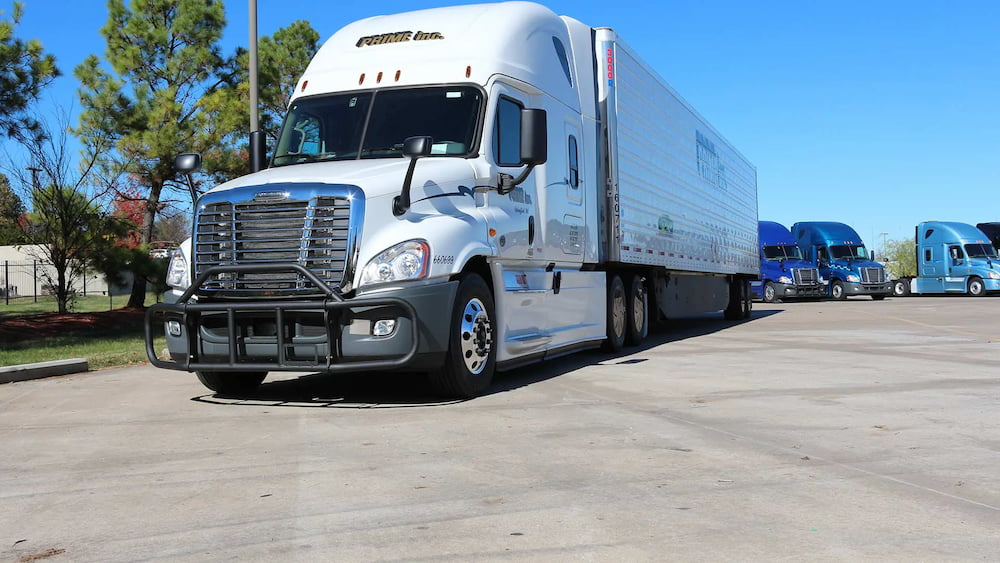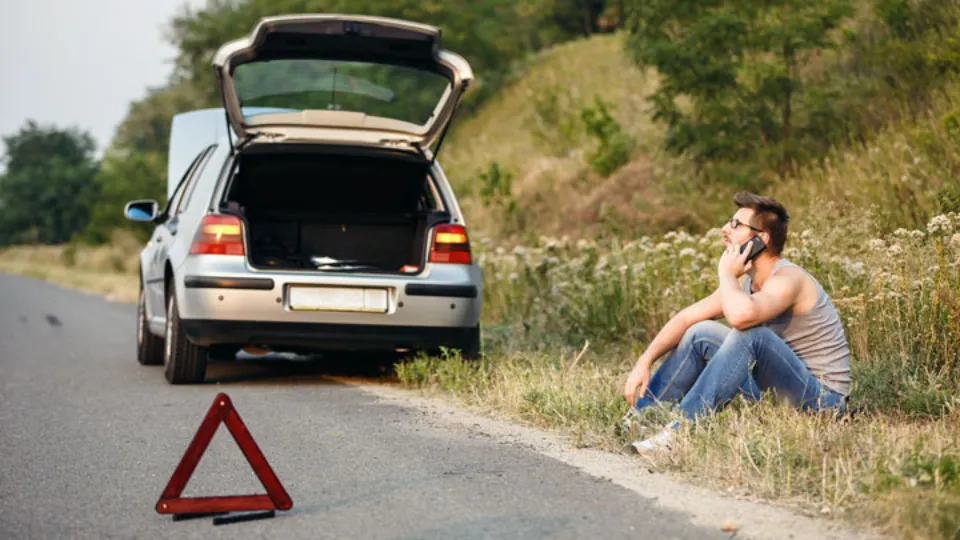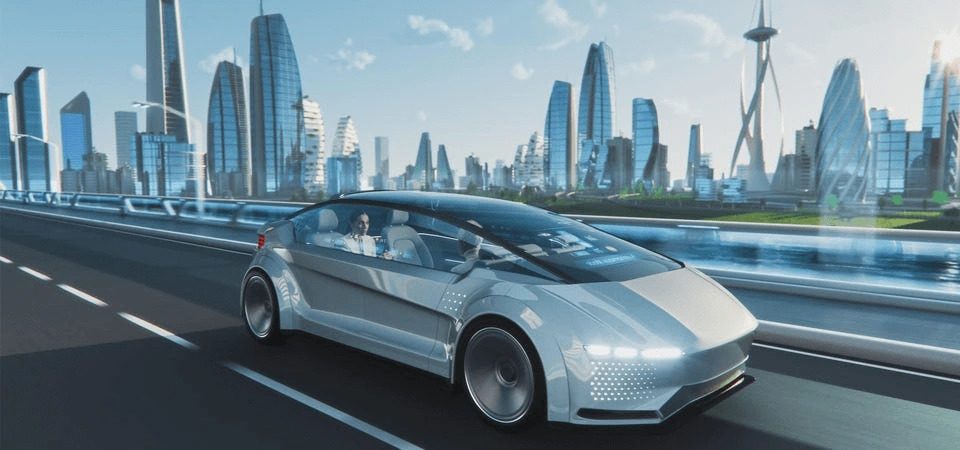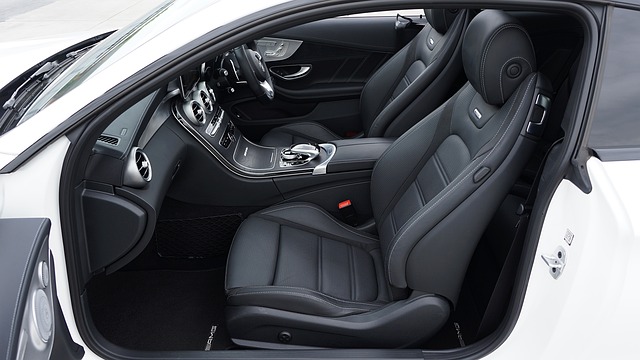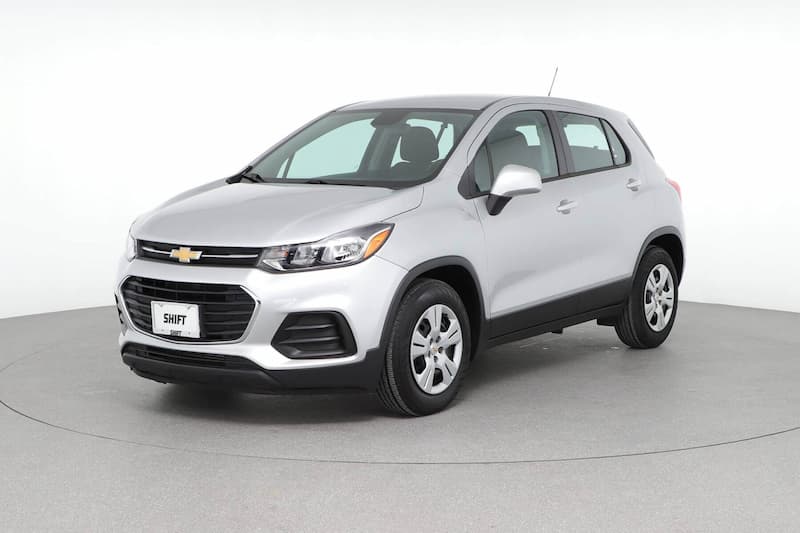When the car stalls, it is never fun, and there are many potential causes, from improper clutch release in a manual car to a bad fuel pump.
When it stalls while being driven, that is one of the most dangerous situations. This could put you and others in danger and be a very dangerous situation.
First, what causes a car to stall while being driven?
Reasons for car to stall while driving for a variety of reasons. It could be a dead alternator, a bad coolant sensor or lack of fuel, just to name a few. During acceleration, does your car stall? If so, it might be a significant fuel filter blockage, a bad fuel pump, or a major vacuum leak.
For more information, continue reading.
Table of Contents
What Causes A Car To Stall While Driving?
Fuel System Issues
Near-immediate stalling can result from any problem with a car’s fuel system. The most frequent problem of this kind is fuel pressure loss.
An obstruction within the fuel system itself, a failing fuel pump, a serious fuel leak, or other factors can all contribute to this condition. Anyhow, an engine can’t achieve proper combustion if there isn’t enough fuel pressure or delivery.
Alternator Failure
Almost all of the car’s electrical systems are powered by the alternator, which also recharges the battery.
A malfunctioning alternator won’t be able to supply enough power to the engine’s electrical components, which could cause the vehicle to stall out while it is being driven.
Due to the lack of charging, this will also drain your battery. Fortunately, there are numerous warning signs and symptoms that indicate an alternator problem.
Some signs of a bad alternator include flickering lights, whining noises, and a warning light illuminating the dashboard.
The likelihood of the car starting again is slim if it turns out that the stalling was caused by an alternator failure. It’s possible for it to crank but not start, or for it to turn off immediately after starting.
Spark Plugs
For an internal combustion engine powered by gasoline, spark plugs are crucial. They might malfunction occasionally, which could lead to your car stalling.
It would be wise to inspect the spark plugs if it has been a while since they were changed.
Having the car stall while driving due to bad spark plugs can happen, but usually, there are a few signs that spark plugs are going bad, which include rough and vibrating acceleration, rough idle, and more.
Ineffective spark plugs may continue to operate intermittently rather than immediately stopping.
If it turns out that your spark plugs are fine but the symptoms correspond to bad spark plugs, the ignition coils may be the source of the issue because they manifest a number of similar symptoms.
Crankshaft & Camshaft Sensor
In order for the engine to produce power in a smooth manner, the crankshaft and camshaft must operate in synchronism.
The ECU receives information from both sensors about where each component is located.
Due to inaccurate readings from a faulty sensor, combustion can become inefficient and, in some cases, even stall out while driving.
A bad camshaft position sensor may give many symptoms, but include rough idle, reduced engine power, and of course, stalling of the engine.
Crankshaft position sensors, like camshafts, can also cause symptoms like trouble starting the engine.
The car may abruptly stall even in the middle of a drive if the camshaft or crankshaft position sensors are malfunctioning.
MAP/MAF Sensor
The manifold absolute pressure sensor (MAP) and mass airflow sensor (MAF) are two different types of sensors but provide equally important information to the ECU.
The ECU in most cars uses one of these sensors to calculate how much fuel should be used for the best fuel/air mixture by measuring the air density.
The ineffective fuel/air mixture caused by a defective MAP or MAF sensor may result in ineffective combustion and, in some cases, stalling. It may also give the incorrect values or no values at all.
Vacuum Leaks
The introduction of unauthorized air into an engine best describes a vacuum leak.
Large vacuum leaks can result in an engine that is lean, which means that the fuel delivery is not enough to match the amount of air in each combustion chamber. This can then result in stalling at unpredictable times.
As a richer fuel mixture is needed for operation in colder weather, problems of this kind are frequently most noticeable at startup. See more about Car Shaking While Driving
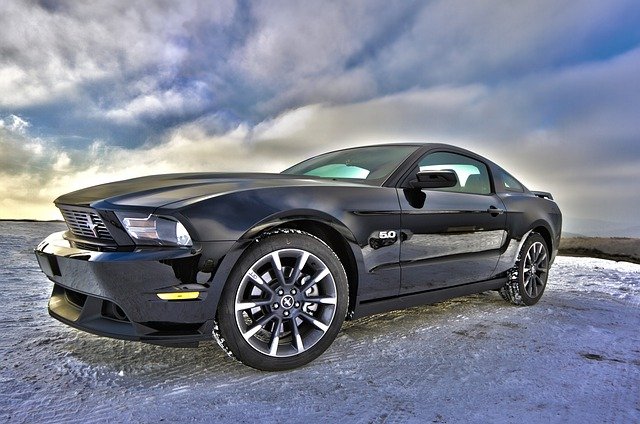
When A Car Stalls, What Does It Mean?
Battery Has Failed
At some point or another, we have all experienced that feeling. Getting ready for work in the morning and learning that your car won’t start makes you feel hopeless. What many people don’t know, though, is that even after the engine has started, your battery keeps working hard.
The spark plugs won’t fire and your cylinders won’t ignite if the charge falls too low. Your engine may stall if your cylinders aren’t properly igniting. Yes, even as you are speeding down the highway can this happen. If the battery’s cells are still fully charged, it might occur. It may even be brought on by corroded or dirty contacts.
Fortunately, a battery is simple to diagnose. Simply performing a visual inspection will reveal corrosion and dirt. You can test the charge with a multimeter, an affordable tool available at nearly any hardware store. And don’t worry if you don’t know how to use one. Any qualified mechanic will undoubtedly have one on hand and be able to test your battery for you, frequently at no cost to you.
Air Filter Is Clogged
A proper fuel-air mixture inside the cylinder is necessary for proper engine operation. The combustion process will be weak and insufficiently powerful if there is insufficient fuel. Your engine will become contaminated if there is insufficient air or enough oxygen for complete combustion. If the airflow is kept restricted, the engine eventually shuts off.
The purpose of an air filter is to keep debris and dirt out of your engine. It will, however, eventually become soiled like everything else on the road. Normal problems shouldn’t arise if you follow the manufacturer’s instructions for routine filter changes.
That being said, harsh environmental conditions can prematurely clog your air filter, which is a problem in regions that experience a lot of wildfires. Your filter can quickly become clogged with smoke particles, which can occasionally cause your engine to stall. It’s best to regularly have a mechanic check your filter to make sure it is clean and functioning properly, especially if you’re experiencing unusually poor air quality.
Timing Belt Is Worn Out
A timing belt or timing chain is typically used in internal combustion engines to synchronize the motor’s operation. Timing belts and chains eventually wear out and need to be replaced, just like other auto parts.
As a result of their potential to skip one or more teeth during rotation, a bad belt or chain can cause stalling. As a result, the engine’s various components become out of sync with one another and operate erratically, frequently resulting in a vehicle seizure.
There are additional problems that can arise from a bad timing belt. When an engine seizes, the physical shock can severely damage the camshaft and other expensive parts of your vehicle.
An Electrical Problem
Older engines have fewer electrical systems, which means fewer potential failure points. Start by inspecting your distributor and spark plug wires to rule out an electrical problem, or check to see if the wiring harness is shorted to the frame.
In contemporary vehicles, corroded or damaged wiring may also be a source of issues. Modern automobiles are loaded with a variety of electrical components that manage a variety of motor functions.
One example is the Transmission Control Module (TCM), which controls when to change from one gear to another in a vehicle with an automatic transmission. The engine may stall if the TCM shifts into a gear that is either too high or too low. This is comparable to trying to start a manual transmission car in third gear and stalling it out.
Engine Isn’t Getting Fuel
We discussed what happens if your engine doesn’t get enough air supply earlier. As you might anticipate, when there is insufficient fuel entering the cylinders, a similar phenomenon takes place.
The fuel pump, which is in charge of moving fuel from your gas tank to the motor in this case, is the most frequent source of failure. When you press the gas pedal, nothing happens if the pump malfunctions.
A shortage of fuel may also be brought on by additional factors. For instance, the fuel filter might be clogged or the fuel line might have developed a leak. You should get these problems checked out as soon as possible by a qualified professional, unless you’re a reasonably competent home mechanic.
One last possible issue could be over-fueling. The fuel injectors are over-pushing gas into the cylinders in over-fueling situations. This issue is typically brought on by a clogged air filter because incomplete combustion occurs when there isn’t enough oxygen.
Torque Converter Has Failed
When the car is stationary, automatic transmission vehicles must control the level and pressure of the transmission fluid. Utilizing a torque converter, they accomplish this. Your engine will stall if this converter fails.
Torque converter failure can have a variety of causes. Overheating or soiled automatic transmission fluid could have caused damage. They may also sustain damage if the engine’s computers malfunction and try to engage the transmission too slowly or too quickly. Any qualified mechanic can check the engine’s “stall speed,” or RPM level, which is known as.
Need To Work On Technique
It’s important to clutch and shift properly when operating a manual transmission vehicle. Your engine may stall if you apply too little clutch pressure or let go too quickly. To shift gears smoothly, practice your technique and customize it for your particular vehicle.
What To Do If Your Car Stalls While You’re Driving?
The first step you should take if your car stalls while you’re driving is to maintain your composure. Even though it might seem normal to panic in such a circumstance, maintaining your composure is essential for bringing this kind of misadventure to a safe conclusion.
A vehicle loses all power in its steering and braking when it stalls, so these tasks must be carried out manually. Set up a slow, steady brake application with your car. Over-braking will cause a skid, which will make the situation more challenging.
Additionally, look for a secure spot to stop, which is typically on the road’s shoulder. After making sure it is safe to do so, cautiously move over onto the road’s shoulder while using your turn signal. When you get to the shoulder, keep braking until your car is completely stopped.
Set the emergency brake after bringing your car to a stop and putting it in park (if it’s automatic) or neutral (if it’s manual). If the cause of your vehicle’s stalling condition cannot be quickly found and fixed on the roadside, call a wrecker to have your vehicle transported to a repair facility.
What Damage Can Be Done To A Manual Transmission Car?
When starting their car at a stoplight or backing into a parking space in reverse, many people who are new to driving a manual transmission encounter difficulties. A vehicle of this type will stall and need to be restarted if the correct amount of clutch and throttle is applied.
The issue is whether stalling a manual transmission harms it. “No” is the shortest response to this query. Even though stalling a manual transmission is not ideal, unless it happens repeatedly over a long period of time, it is unlikely to harm the transmission significantly.
At worst, frequent stalling might destroy driveline parts that are getting close to failing due to aging. However, the majority of drivers will become adept at using a manual transmission long before any harm can be done.
The End
Typically, sudden stalling that occurs while traveling is electrical in nature. Electrical or sensor failures will completely shut down an engine, even if it’s already running at cruise speed, while air and fuel failures typically cause the car to surge and lose power before stalling. Bad engine ground connections and overheated ignition coils are two frequently ignored causes. Under continuous use, a malfunctioning coil will become extremely hot. It becomes more electrically resistive as it heats up, which causes it to become even hotter.
Check the ignition coil or coils if your car runs normally for a short period of time before acting up while you’re driving down the highway. When you drop a drop of water on them, they shouldn’t sizzle. Although it usually happens more gradually, like running out of gas, fuel pressure failures can also result in stalling while in cruise. Check the electrical system first if your vehicle suddenly and randomly stalls while you’re on cruise.
Consider leaving a comment if you have any questions.
I want to thank you for reading once more.

